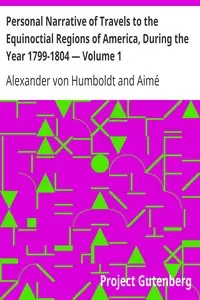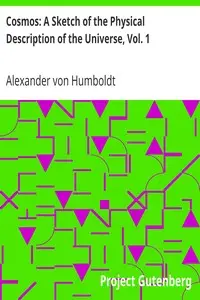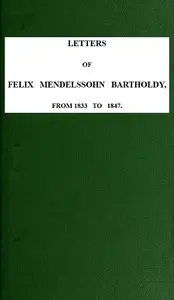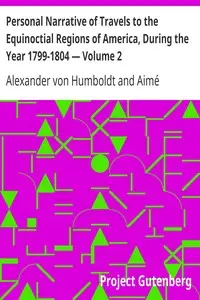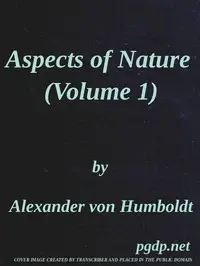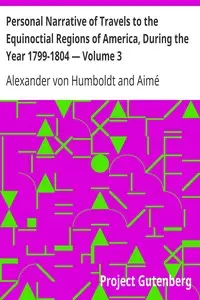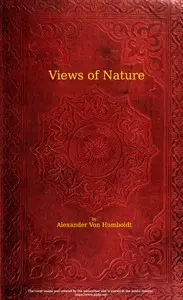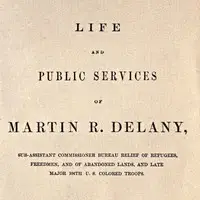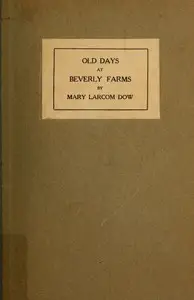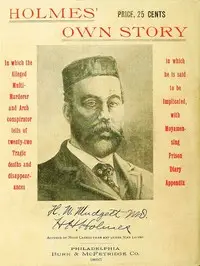"Letters of Alexander von Humboldt to Varnhagen von Ense" by Alexander von Humboldt is a compilation of personal letters offering us a peek into the mind of a brilliant scientist and the world he lived in. Through these letters, exchanged between Alexander von Humboldt and his close friend Varnhagen von Ense, readers discover Humboldt's deep thinking and scientific explorations, along with his thoughts on what was happening around him in society and politics. The collection begins by showcasing the mutual appreciation and warm bond between the two men, quickly moving into discussions of Humboldt's projects, sharing titles and ideas from his publications. These early letters set the stage, showing Humboldt's broad interests in art and science, while also addressing the major social issues of the day, connecting science, writing, and the personal lives of the thinkers during that period.
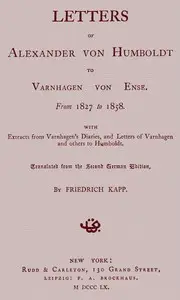
Letters of Alexander von Humboldt to Varnhagen von Ense. From 1827 to 1858. With extracts from Varnhagen's diaries, and letters of Varnhagen and others to Humboldt
By Alexander von Humboldt
Enter the 19th century through intimate correspondence, revealing the intellectual partnership of two men as they discuss science, society and the world in which they exist.
Summary
About the AuthorFriedrich Wilhelm Heinrich Alexander von Humboldt was a German polymath, geographer, naturalist, explorer, and proponent of Romantic philosophy and science. He was the younger brother of the Prussian minister, philosopher, and linguist Wilhelm von Humboldt (1767–1835). Humboldt's quantitative work on botanical geography laid the foundation for the field of biogeography, while his advocacy of long-term systematic geophysical measurement pioneered modern geomagnetic and meteorological monitoring. Humboldt and Carl Ritter are both regarded as the founders of modern geography as they established it as an independent scientific discipline.
Friedrich Wilhelm Heinrich Alexander von Humboldt was a German polymath, geographer, naturalist, explorer, and proponent of Romantic philosophy and science. He was the younger brother of the Prussian minister, philosopher, and linguist Wilhelm von Humboldt (1767–1835). Humboldt's quantitative work on botanical geography laid the foundation for the field of biogeography, while his advocacy of long-term systematic geophysical measurement pioneered modern geomagnetic and meteorological monitoring. Humboldt and Carl Ritter are both regarded as the founders of modern geography as they established it as an independent scientific discipline.



